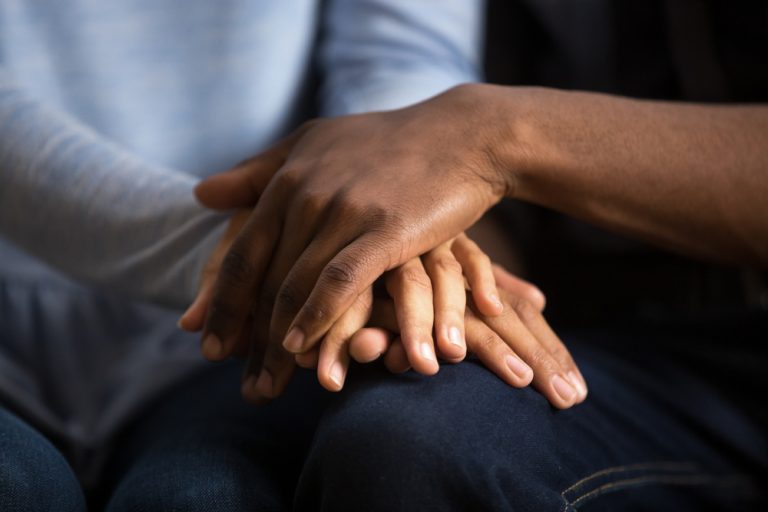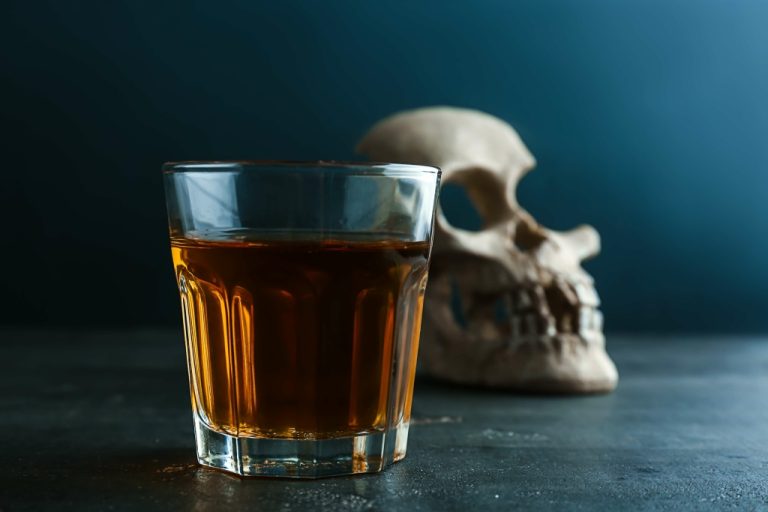Moreover, excessive alcohol consumption can impair blood circulation throughout the body, including the scalp. Poor blood circulation can limit the delivery of oxygen and nutrients to the hair follicles, affecting their health and the overall hair growth cycle. A balanced diet plays a vital role in maintaining overall hair Top 5 Advantages of Staying in a Sober Living House health. When recovering from alcoholism, it’s essential to focus on nourishing your body with the right nutrients. Include a variety of fruits, vegetables, whole grains, lean proteins, and healthy fats in your diet. These nutrient-rich foods provide essential vitamins and minerals that promote hair growth and strength.
How to persevere in hair health and promote hair growth

That said, you don’t have to give up alcohol completely if you don’t want to. Discover the impact and make informed decisions for recovery success. Explore the impact of alcohol misuse and discover resources for https://thebostondigest.com/top-5-advantages-of-staying-in-a-sober-living-house/ support. If you enjoy having a few drinks every now and then, you may have heard rumors that alcohol can cause hair loss. Those who undergo chemo as a form of cancer treatment may experience hair loss as well.
Lack Of Nutrients

Alcohol abuse can disturb the balance of estrogen and testosterone in the body, which can have repercussions on hair growth. In men, excessive drinking may lead to the conversion of testosterone to dihydrotestosterone (DHT) by the enzyme 5-alpha reductase. DHT has the potential to shrink hair follicles, resulting in decreased hair growth and potentially contributing to hair thinning and loss.
Alcohol Abuse and Pregnancy
If you are concerned about hair loss, it is advisable to consult with a healthcare professional or a specialist who can evaluate your specific situation and provide appropriate guidance. Having a lot of alcohol in the body may contribute to low iron and protein levels. If people have low levels of these nutrients, they are more likely to lose their hair. Alcohol can negatively affect hair growth by contributing to nutritional deficiencies. When consumed in excess, alcohol can interfere with the body’s ability to absorb and utilize essential nutrients. These nutrients play a crucial role in maintaining healthy hair follicles and promoting hair growth.
If you binge drink or engage in heavy alcohol consumption, it’s much easier for you to become dehydrated due to the fact that alcohol is a diuretic. This article is provided by Smith, Arthur F, MD in the category of Health. We are dedicated to informing and empowering individuals with expert insights into hair loss prevention and treatment. In the type of patchy hair loss known as alopecia areata, hair loss occurs suddenly and usually starts with one or more circular bald patches that may overlap. Before pursuing hair loss treatment, talk with your doctor about the cause of your hair loss and treatment options. The CDC adds that as alcohol affects every system in the body, it can lead to both short- and long-term health risks.
- Excessive alcohol consumption may lead to hair loss, thinning, and even baldness in some cases.
- While there isn’t a direct link between alcohol and alopecia areata, excessive alcohol consumption may negatively impact your body’s immune system, aggravating the condition.
- These problem drinkers can keep their careers or home lives together as they continue with their alcohol abuse.
- And, because our nights out don’t exist in a vacuum (as much as we wish they would sometimes), temporary dryness isn’t the only problem drinking can present for your locks.
- One way in which liver dysfunction can contribute to hair loss is through the disruption of hormone regulation.